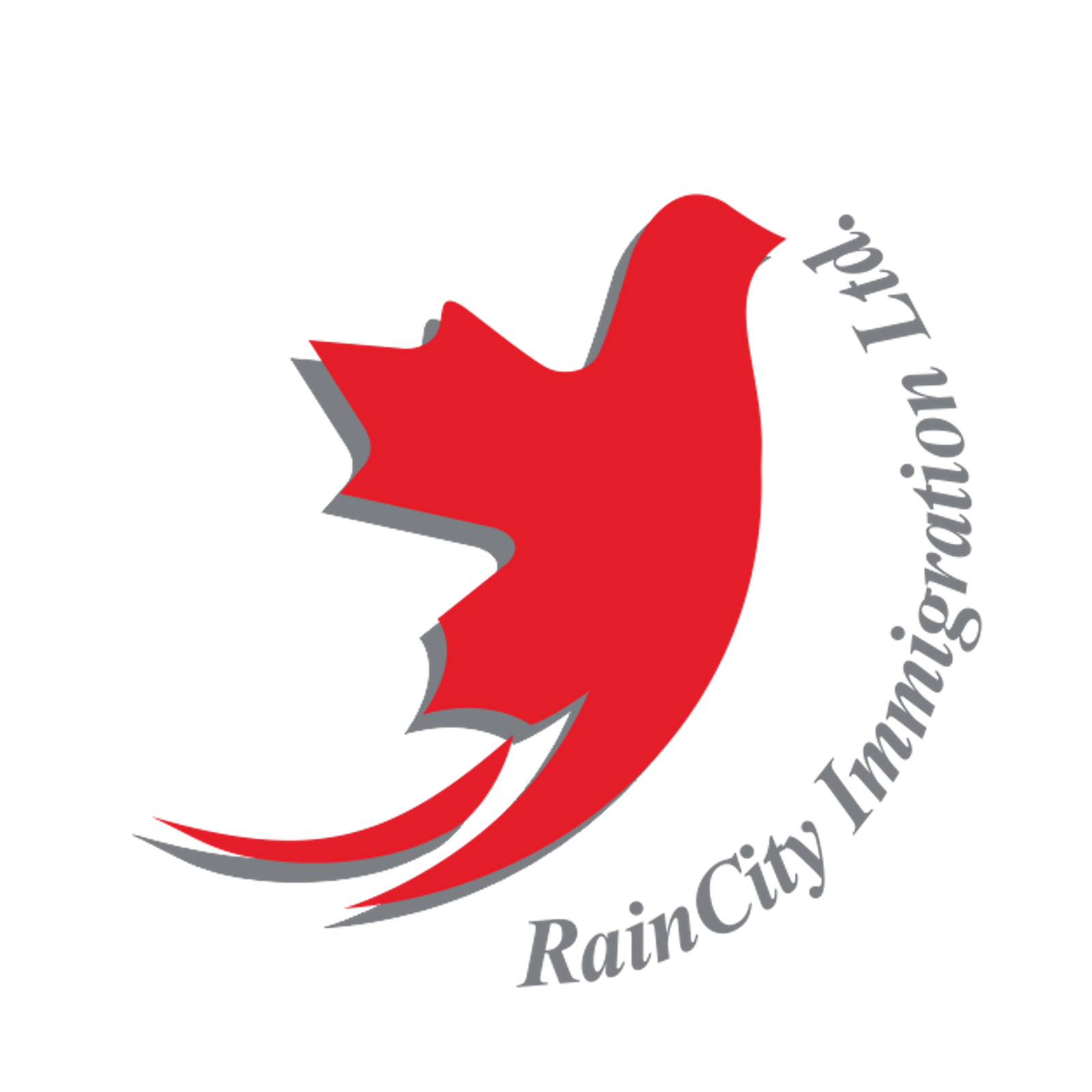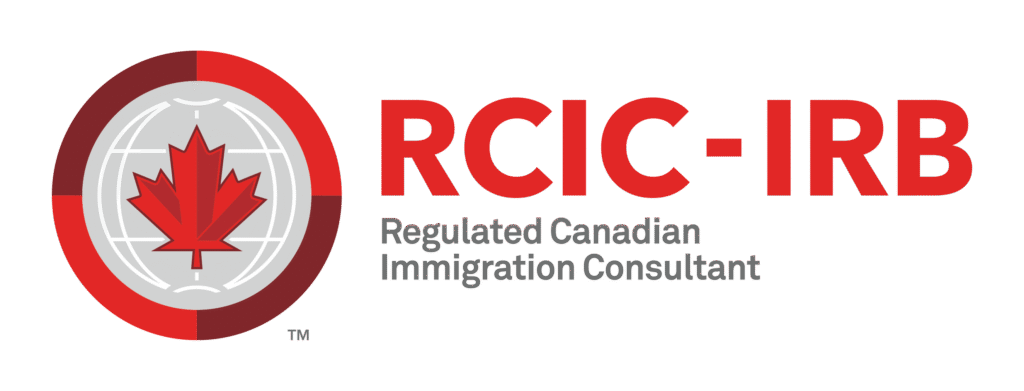Studying for a Bachelor's Degree in Canada
A Complete Guide to Applying, Admissions, and Costs
After finishing high school, many students enter university to continue their studies at the undergraduate level. If you’re someone who has graduated and plans to study for a bachelor’s degree in Canada but lacks sufficient information, this article will fully introduce you to the guide for studying for a bachelor’s degree in Canada.
Duration of the Program: 3 to 4 years
Cost of the Program: Annual fees range from 20,000 to 25,000
Required Language Proficiency: IELTS 5 for conditional admission or IELTS 6.5

Educational System for Bachelor's Degree Programs in Canada
Duration of Bachelor’s Studies
The bachelor’s program in Canada takes 3 to 4 years. Most students choose the 4-year programs for their studies. Each academic year is divided into two or three terms. The academic terms at universities include the fall term (from September to December), the winter term (from January to the end of April), and the spring term (from May to the end of July).
Advantages of Studying for a Bachelor's Degree in Canada
Benefits from high-quality education with world-class professors Access to advanced educational facilities Opportunity to work while studying and earn money Obtain a globally recognized bachelor’s degree Opportunity to work after graduation and acquire permanent residency in Canada
Important Tips for Studying at the Bachelor’s Level
Don’t prioritize your choice based on rankings, as this could lead to very high tuition fees. Familiarize yourself with transfer programs between colleges and universities, as they can help reduce your costs. Talk to an educational consultant before choosing your field to avoid making mistakes. Analyze the conditions for residency after graduation specific to your chosen field and university.
Conditions for Studying in Canada with a Bachelor's Degree
To continue studying in Canada at the bachelor’s level, you must meet certain necessary conditions. The conditions for undergraduate studies in Canada are as follows:
Minimum average of 12 in high school diploma.
Language score:
Unconditional or direct admission: To get direct admission for a Bachelor’s degree in Canada, you need an IELTS score of 6.5 or equivalent scores.
Conditional admission: For conditional admission to a language course, you need an IELTS score of at least 5 or equivalent scores. Some universities in Canada may accept you without a language score, but in that case, you must complete a language course to reach the university’s required language level.
For example: To be accepted into the Bachelor’s program in Biology at the University of Ottawa, you need to have passed language, math, biology, chemistry, and physics subjects in your 12th year of high school with a minimum grade of 14. You also need an IELTS score of 6.5 with a writing score of 6 or a TOEFL score of 86 with a writing score of 22.
After finishing high school, continuing education is possible in all provinces except Quebec. In Quebec, after completing 11th grade, a student can either enter a college program or, after completing two years of pre-university studies, enter a three-year Bachelor’s program.
In some colleges and universities in Canada, there’s a transfer program at the undergraduate level. This means that after two years of studying a diploma at a college, you can enter a university and earn a Bachelor’s degree by studying just two more years. The college and university must cooperate in the transfer program, so you can’t enter any university’s Bachelor’s program with a diploma from just any college.
Documents required for undergraduate studies in Canada:
To apply for a Bachelor’s degree at Canadian universities, you need to have the following documents:
A scanned translation of your diploma and transcripts from the last two years of high school along with a copy in Persian (diploma and transcripts for pre-university and high school for students of the old system).
A scanned language score report (if available).
A scanned valid passport.
An attestation letter from the province.
A resume.
A motivation letter.
Recommendation letters from school teachers (if available – not mandatory).
Language certificate for undergraduate studies in Canada.
To apply for undergraduate admission in Canada, various English language tests are accepted:
International English Language Testing System (IELTS)
Test of English as a Foreign Language (TOEFL)
Pearson Test of English Academic (PTE)
Canadian Academic English Language Assessment (CAEL)
English for Academic Success (EFAS)
Duolingo (Currently, some Canadian universities accept the online Duolingo test for undergraduate admissions. It’s best to check the university’s conditions for accepting the Duolingo test.)
Note
During the application process for Canadian universities, usually a scanned copy of documents is enough, but after being accepted, you must send the original translated documents and transcripts from your school to the university. You also need to submit your language test results from the testing center to the university.
Steps to apply for Bachelor's degree admission in Canada
Once you’ve decided on your major and university and prepared the necessary documents, it’s time to apply for admission to study in Canada. To successfully apply for undergraduate studies in Canada, you need to follow the application steps correctly.
1. Register on the university website.
1. Go to the university’s website, enter the Undergraduate Admission section, and then click on the Apply option. In some provinces of Canada, like Ontario, there is a central application called the Ontario Universities’ Application Centre (OUAC). Through this application, you can apply to three Ontario universities if you wish.
2. In the second step, create an account and enter your personal information.
3. Enter the main application and specify your major and the term you wish to start studying.
4. Fill in other information such as academic history, work experience (if any), and language score (if any). If you don’t have a language score, some universities may require you to apply separately for a language course.
5. If possible, upload the required documents.
6. In the final step, enter your banking information and submit the application.
7. A few days after applying, you’ll receive an email from the university containing your application number, which you can use to activate your portal. Through the activated portal, you can check the status of your application.
2. Receive the acceptance email from the university and make the necessary payments.
8. A few months after applying, you’ll get your acceptance letter.
9. If you need to pay a deposit, make the payment and get the receipt from the university (not all Canadian universities require a deposit).
10. Once you’ve paid the deposit, you’ll receive your final acceptance letter, called the Letter of Acceptance.
11. Pay attention to the registration deadlines, course selection, or deferring your admission.
Tuition Fees for Bachelor's Degree in Canada
On average, tuition fees for bachelor’s programs in Canada for international students range between $20,000 to $25,000 per year. The cost varies depending on the field of study and the university. Typically, tuition for engineering and basic sciences is higher than for other fields.
Annually between $20,000 and $25,000
Below is a table showing the tuition fees for humanities and arts programs for international students at several Canadian universities for the 2023-2024 academic year:
| University Name | Average Annual Tuition 2023-2024 |
|---|---|
| Concordia University | $19581 – $27761 |
| Carleton University | $29828 – $45923 |
| Dalhousie University | $27399 – $31900 |
| McMaster University | $40318 – $45307 |
| Memorial University | $12390 – $20790 |
| Queen's University | $51845 – $54808 |
| University of Guelph | $36046 – $33046 |
| University of Saskatchewan | $30482 – $31218 |
| University of Toronto | $43620 – $62850 |
| McGill University | $20483 – $41000 |
Top Undergraduate Universities in Canada 2024
According to QS statistics, the list of the top 15 universities in Canada for undergraduate studies in 2024 is as follows:
| University Name | National Rank | Global Rank |
|---|---|---|
| University of Toronto | 1 | 21 |
| McGill University | 2 | 30 |
| University of British Columbia | 3 | 34 |
| University of Alberta | 4 | 111 |
| University of Waterloo | 5 | 112 |
| Western University | 6 | 114 |
| University of Montreal | 7 | 141 |
| University of Calgary | 8 | 182 |
| McMaster University | 9 | 189 |
| University of Ottawa | 10 | 203 |
| Queen's University | 11 | 209 |
| Dalhousie University | 12 | 298 |
| Simon Fraser University | 13 | 318 |
| University of Victoria | 14 | 322 |
| University of Saskatchewan | 15 | 345 |
Frequently asked questions
Is it possible to continue studying at a higher level after completing an undergraduate degree in Canada?
Yes. A while before you finish your studies, you can get admission from a university for a master’s program and extend your study permit.
If I have conditional admission to a language course during my bachelor’s, can I work as a student?
While you’re in the language program, you can’t work as a student, but after completing it and entering the main program, you can work as a student.
What are the chances of getting a scholarship for a bachelor’s degree in Canada?
The chances of getting a scholarship for an undergraduate degree in Canada are not very high. If you have a good GPA and high language scores, depending on the university’s conditions, you might receive between $1,000 to $5,000.
Are there co-op options with the bachelor’s programs in Canada?
Some bachelor’s programs in Canada come with co-op options. This means that as part of your studies, you need to do an internship either on-campus or off-campus. The organization or company where you will intern is usually determined by the university itself.
When should I apply for an undergraduate program in Canada?
Generally, you should apply to universities 8 to 12 months before the semester starts. Canadian universities for bachelor’s degrees have three main intakes: September, January, and May.

